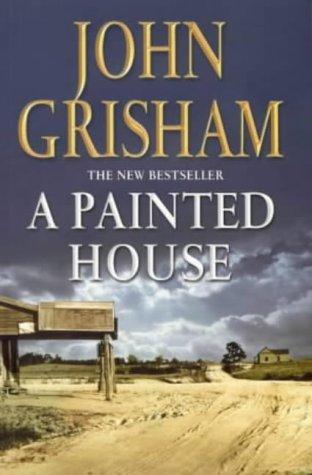A Time to Kill
by
John Grisham
This addictive tale of a young lawyer defending a black Vietnam war hero who kills the white druggies who raped his child in tiny Clanton, Mississippi, is John Grisham's first novel, and his favorite of his first six. He polished it for three years and every detail shines like pebbles at the bottom of a swift, sunlit stream. Grisham is a born legal storyteller and his dialogue is pitch perfect. The plot turns with jeweled precision. Carl Lee Hailey gets an M-16 from the Chicago hoodlum he'd saved at Da Nang, wastes the rapists on the courthouse steps, then turns to attorney Jake Brigance, who needs a conspicuous win to boost his career. Folks want to give Carl Lee a second medal, but how can they ignore premeditated execution? The town is split, revealing its social structure. Blacks note that a white man shooting a black rapist would be acquitted; the KKK starts a new Clanton chapter; the NAACP, the ambitious local reverend, a snobby, Harvard-infested big local firm, and others try to outmaneuver Jake and his brilliant, disbarred drunk of an ex-law partner. Jake hits the books and the bottle himself. Crosses burn, people die, crowds chant "Free Carl Lee!" and "Fry Carl Lee!" in the antiphony of America's classical tragedy. Because he's lived in Oxford, Mississippi, Grisham gets compared to Faulkner, but he's really got the lean style and fierce folk moralism of John Steinbeck.




